£520.30
per month inc VAT
Business Leasing £378.63 exc VAT
Mon-Fri 9am to 5.30pm
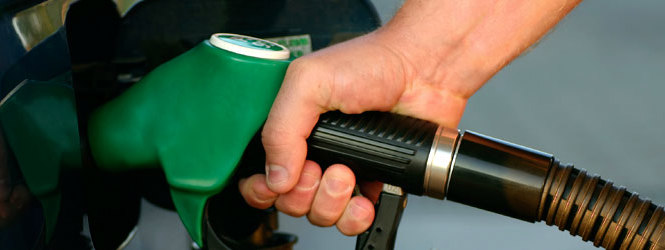
In this section, we discuss how vehicle maintenance, wise purchasing decisions and reformed driving habits can help you be more efficient and make significant savings. We have split our guide into three sections:
Use the calculator to work out how much petrol or diesel you’ll need to complete your journey, and how much it will cost you.
The best things in life are free, and if you’re wondering how to get more miles to the gallon, you’ll find that many of the most dramatic benefits come through learning how to drive economically. Read on to find out more about:
The heavier your vehicle, the more fuel you have to use to get it to move, so lighten the load:
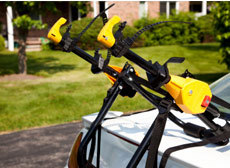
Your bike rack and other non-essential accessories are just dead weight when you’re not using them. This isn’t just about the weight: roof racks cause a great deal of wind resistance.
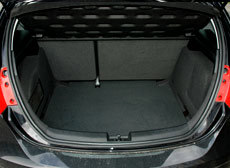
Keep safety equipment and supplies only if they’re appropriate to your journey: keeping heavy snow chains in your boot will slow down your summer motoring for no good reason.
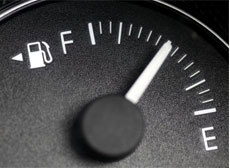
It’s technically more economically sound to go more regularly to your petrol station, keeping your tank between half and three quarters full. A full tank contributes significant weight, thus hindering efficient movement.
Your driving habits will also need to change if you intend to use less petrol or diesel.
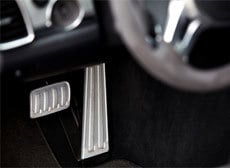
Obviously you should only ever drive in a safe way. Travelling slower and anticipating safe breaking distances early is more efficient than fast acceleration followed by sharp braking. You use more fuel the faster you go, and abrupt braking only wastes energy you’ve already put your foot down for.
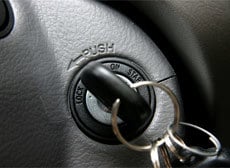
There is no need to ‘warm up’ your engine, unless you’re driving a vintage car enthusiast and you’re trying to get your Model T off of the driveway.
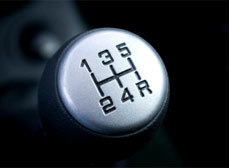
Most drivers could make savings by changing up gear earlier, thus giving their engines less work to do.
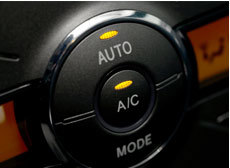
Only use air conditioning when you absolutely have to, and always turn it off when driving at lower speeds. Don’t get uncomfortable though: consider whether fuel economy is really more important than a sweaty hour in a M25 jam.
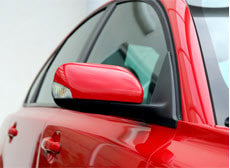
However, opening your windows to keep cool and save petrol by not running your air conditioner at all is actually counterproductive. At high speed, you’ll actually be wasting more fuel thanks to air resistance (and you’ll be slightly warmer and more uncomfortable to boot).
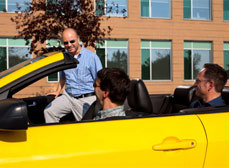
The most responsible way to drive is by taking passengers with you. Yes, technically this contradicts all said above about weight, but four people in a single car are going to use far less petrol than four drivers in four separate cars. Even asking for a ‘small contribution’ to the operating costs should cover the inefficiency. Get everyone to pay an equal share, and you’ll all save a substantial amount.
Take note of these additional tips in order to spend less:
Nationwide Vehicle Contracts has a wide range of fuel efficient cheap lease deals. Here are some of our most popular fuel efficient options and their typical MPG.
£520.30
Business Leasing £378.63 exc VAT
£486.28
Business Leasing £318.91 exc VAT
£618.37
Business Leasing £421.67 exc VAT
£942.59
Business Leasing £785.49 exc VAT
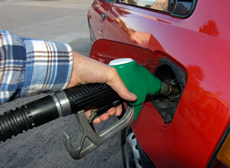
Ensuring greater fuel efficiency through best practice will only get you so far. In fact, those pennies you save may well be completely irrelevant if you’re filling up at an expensive petrol station. How do you find the best deal on petrol in your area? We have briefly reviewed some of the petrol pricing options currently available on the internet and on your phone.
This is probably the best of the services on offer, although some users may be put off by the need to register to use the website. Nevertheless, signing up is free and will ensure you receive free email updates on prices in your area on a schedule of your choosing. The site additionally plots stations on an interactive map, as well as providing in-depth analysis of where you are in relation to each station, the price of fuel there and the date that data was last updated.
Update frequency is impressive: the site claims 8,000 daily updates. A comprehensive ‘PetrolPrices Pro’ app is available for iOS and Android, currently priced at £3.
Offering up all its information without the need to register, Whatgas.com is an attractive alternative. Again, petrol station locations are positioned on an interactive map. Clicking on each flag will show the price of Unleaded 95, Diesel and LPG Autogas in pence per litre, alongside the date each price was updated. Users can provide this information themselves for other users of the service.
Prices are generally updated every week, but a few more remote stations may remain out of date for some time. While full of useful information, Whatgas.com does lack deeper functionality – it won’t tell you where the best prices are for fuel in your area, you’ll have to manually look for them yourself.
The app version adds in a lot of this functionality and is available on iOS, Android, Blackberry and Windows phone for less than a pound.
Read on to find out more about:
“With UK fuel prices hitting a record high in 2022, it is understandable that many drivers are looking to cut back on car running costs. By following simple advice, such as shopping around for cheaper petrol prices, driving more efficiently, and using a fuel calculator, you can help reduce annual running costs and get more bang for your buck.”

Just ten years ago, fuel efficiency advice would have been limited to the (still perfectly true) facts that:
However, fuel efficiency is now sufficiently important that car adverts and showrooms make MPG more visible. They also offer alternative ratings that can inform your purchase of the most economical car or van on the market.
Of course, the most ‘fuel efficient’ vehicles on the market currently are those that are not using petrol at all or at least only partly using petrol. Electric and hybrid vehicles are providing a far cheaper way of filling up. However, it’s open for debate whether it is actually cheaper to own one of these vehicles when all of the costs of running them are taken into consideration: purchase prices still remain high.
The thought of investing in a new car just for the sake of fuel efficiency is probably not an appealing one for the majority. It’s certainly something you want to consider every time you do buy, but in the middle of your car’s life, you’re probably not going to ditch it for the efficiency savings you could be making.
As we’ve established, changes in habits could make a real difference. But are there any short-term investments you could be making in your current vehicle lease hire? There are three principal changes you can make to an existing vehicle to make it more efficient, at least in theory.
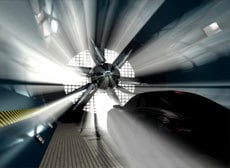
Modifying aerodynamics would involve adding air dams, wheel arch gap fillers, wheel skirts, grill blocks and even adding dramatic boat tails. The trouble with this is that a large number of modifications on the market are purely for looks. Spoilers, for instance, almost universally make cars less aerodynamic, despite making your vehicle look sportier. Taking aerodynamic design into your own hands means going against the already well researched design choices made by your manufacturer, not to mention the basic aesthetics.
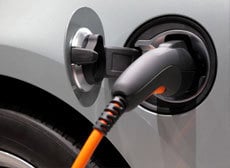
Under the bonnet you could take the extreme step of converting to electric or hybrid power. However, while kits are available you’ll need to be a competent motor mechanic to even consider embarking on what is essentially an enthusiast’s project. There are companies that will do the conversion for you, but it would be a stretch to say that paying for them is economically logical. If you want better performance from a car you intend to maintain and drive for decades to come, a conversion may make sense. Otherwise, the main reason for such a dramatic upgrade is to do your bit for the environment.
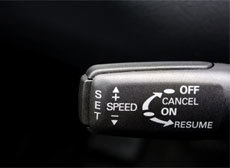
Assuming you don’t already have cruise control on your car, this is the one modification you can make that is a guaranteed saving. Maintaining a steady speed is more efficient than hovering around that speed, though you could see similar benefits from changing the way you drive (see above).
You can find a summary of how to save money on petrol on our official Slideshare here.
Originally published: 14th April 2021